
Transformational Healthy Diet Routine Tips
A healthy diet isn't just about losing fat and getting into shape. It's about having a long, healthy life. Read on.
A healthy diet isn’t just about losing fat and getting into shape. It’s about having a long, healthy life. There is a lot of conflicting information about eating a diet that promotes good health, but we’ve come up with a few tips for a healthy diet routine you can use to find what works best for you.

What is a healthy diet routine?
A healthy diet routine, also known as a balanced diet, is a way of eating that meets your body’s nutritional needs. A healthy diet provides the right amount of calories and nutrients — such as vitamins, minerals, protein, and fiber — to help you stay at a healthy weight, reduce your risk of chronic diseases such as heart disease and cancer and promote overall health.
The key to a healthy diet is variety. If you eat the same foods every day, you won’t get all the nutrients your body needs.
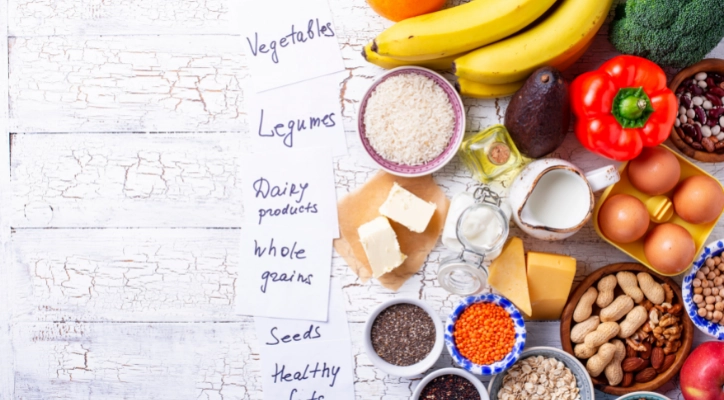
A healthy diet is based on:
- Vegetables, fruits, whole grains, beans and peas, nuts and seeds, dairy products like milk and cheese, fish and chicken, or turkey without skin.
- Lean meats like beef, pork, and lamb (when eaten at meals as opposed to as snacks). Lean meat has fewer than 5 grams of fat per serving.
- Foods low in saturated fats.
- Moderate amounts of sugar-containing foods such as desserts, candies, or sweetened beverages.
- Limited use of salt (sodium chloride).
What are the benefits of a healthy diet routine?

There are a lot of benefits to a healthy diet routine.
- Helps you lose weight faster – A healthy diet routine helps you lose weight faster than an unhealthy one because it is easier for your body to metabolize fat when eating healthy foods instead of junk food or fast food.
- Reduces cravings – When you eat junk food, your body craves more junk food because the chemicals in these foods affect your brain chemistry. A healthy diet routine keeps your body regulated, so there’s no need for cravings or binge eating episodes.
- Improves energy levels – Eating junk food can cause fatigue, but eating healthy foods gives you more energy because they’re full of vitamins and nutrients that help keep your body running smoothly and efficiently. A healthy diet routine improves energy levels.
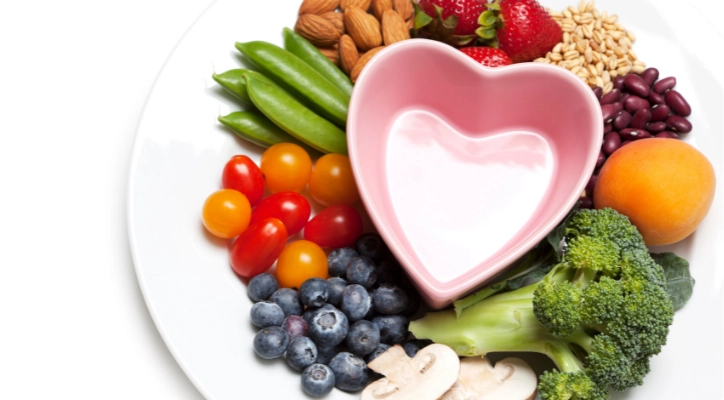
- You’ll feel better about yourself. Eating well is a key part of staying healthy, but it can also make you feel good.
- You’ll have fewer health problems. The right food choices can help prevent or manage many conditions, including heart disease, type 2 diabetes, obesity, and some cancers.
- Your brain will be sharper as you get older. Studies show that a Mediterranean-style diet — full of fruits and vegetables, whole grains, fish, and olive oil — may help preserve mental function in older people by reducing inflammation in the brain (thanks to the antioxidants found in many fruits and vegetables).
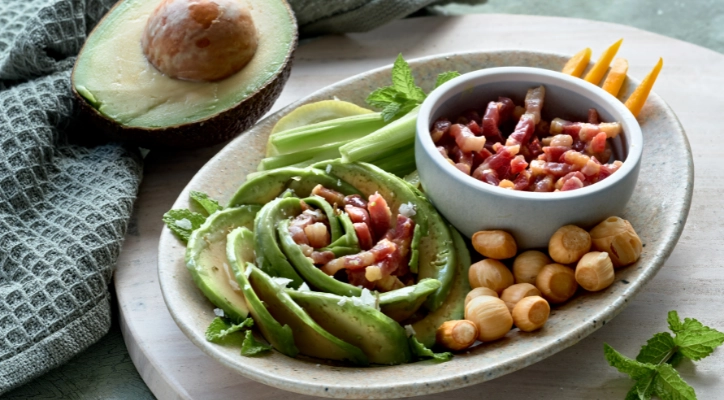
- Live longer. Research has shown that people who eat a healthy diet have a lower risk of heart disease, stroke, diabetes, and cancer.
Examples of healthy diet routines of successful people
If you want to know how to eat healthy, look at the diets of people who have already done it.

Here are some examples of the healthy diet routines of successful people:
1. Elon Musk
Elon Musk is one of the most successful entrepreneurs in history. He co-founded PayPal and Tesla Motors, and he’s also involved in SpaceX and SolarCity. Musk eats only two meals a day for years. He usually starts his morning with eggs or oatmeal and then dinner around 6 p.m., which is usually chicken or fish with vegetables.
2. Warren Buffett
Warren Buffett is one of the richest men in the world, with a net worth of $73 billion as of March 2017. Buffett eats what he calls “frozen diet food,” which includes frozen dinners from companies like Banquet and Hungry Man, both owned by ConAgra Foods Incorporated (NYSE: CAG). Buffett also drinks Coca-Cola (NYSE: KO) products like Dasani bottled water and Cherry Coke Zero soda as part of his daily diet routine.
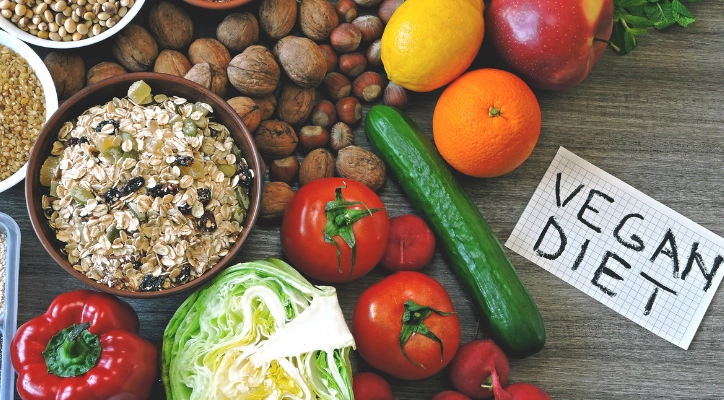
3. Steve Jobs
The late Steve Jobs, co-founder, and CEO of Apple Inc. said that he ate a vegan diet for 17 years before reverting to his original omnivore diet. He was skinny with no signs of diabetes or heart disease on his medical records during this period.
4. Mark Zuckerberg
Mark Zuckerberg, co-founder, and CEO of Facebook Inc., has been known to eat only one meal a day, consisting of a salad with grilled chicken breast and almonds. His reasoning behind this is that he believes it helps him maintain energy levels throughout the day without feeling sluggish or tired after eating too much food in one sitting.
Transformational Healthy diet routine tips
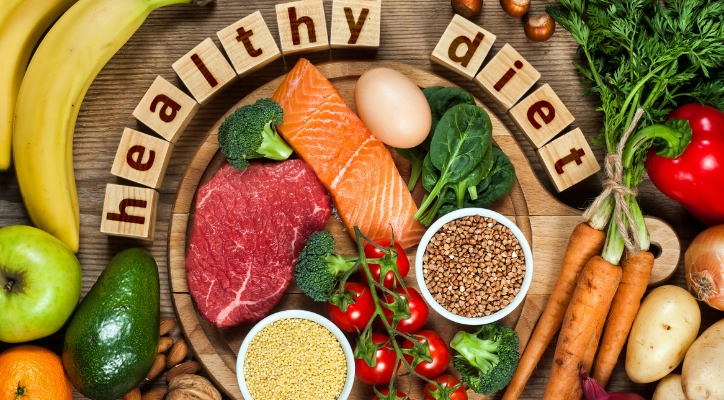
Now that you’ve read the rest of this article, you may be wondering how to make this transformation a reality. Here are some easy steps you can take today:
- Start with a cleanse. A cleansing diet is helpful because it helps you rid your body of harmful toxins that can cause diseases and other health problems. A detox diet is a good starting point if you want to get healthy because it helps eliminate the accumulation of toxins in your body.
- Eat more vegetables and fruits. Vegetables are packed with vitamins, minerals, fiber, and antioxidants that support healthy weight loss. Fruits are great for snacking because they have less sugar than chips or cookies. If you want to try out healthy snacks, try this organic bar out.

- Eat whole grains instead of refined grains such as white bread, rice, or pasta whenever possible. Whole grains contain more fiber than refined grains which helps you feel fuller longer, so you eat less overall throughout the day (a good thing!). In addition to being healthier for us overall, whole grains also have lower glycemic indexes (meaning they don’t cause as much blood sugar spikes as refined grains do). So if you’re looking to lose weight or keep it off, eating more whole grains is a good idea!

- Go for lean proteins as often as possible. Try to eat lean proteins at least three times per week, like turkey breast or chicken breast without skin or chicken thighs without skin, or beef filet without fat — make sure that it’s grilled or baked instead of fried or sauteed in oil so that it doesn’t add unnecessary calories and fat to your diet plan.
- Limit portion sizes of starchy foods like pasta or potatoes (especially white varieties). Starchy foods are high in calories, but they don’t provide much in terms of vitamins or minerals, so they’re not as nutrient-dense as other foods (like vegetables or whole grains). The key here is to choose whole grains whenever possible rather than refined grains like white bread, pasta, or rice. Whole grains contain more fiber than refined grains which helps keep you feeling fuller longer and has lower glycemic indexes (meaning they don’t cause as much blood sugar spikes as refined grains do). So if you’re looking to lose weight or keep it off, eating more whole grains is a good idea!
- Drinking water instead of sugary beverages like soda is one of the best ways to lose weight. Water has zero calories, so it’s naturally filling and keeps you hydrated, essential for losing weight (and keeping it off!).

How do you stay consistent with a healthy diet routine
The key to staying consistent with a healthy diet routine is to find an approach that works for you.
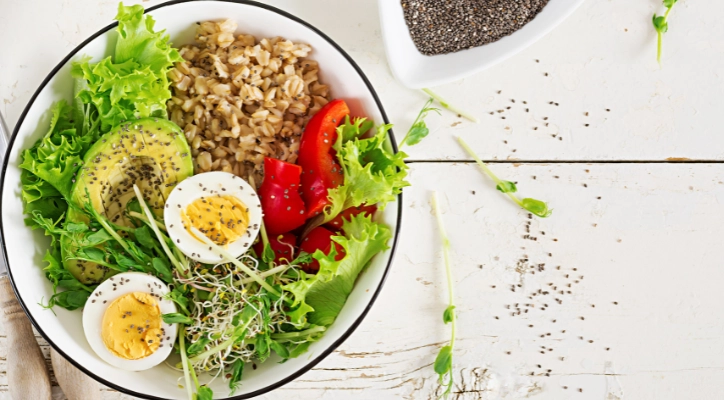
There are many different ways to make it easier to stick to your diet and lose weight. It all depends on what kind of person you are, how much time you have, and what works best.
Here are some tips to help you stay consistent with your dieting goals:
- Plan ahead. It can be hard to plan when you don’t know what your schedule will be like from one day to the next. But if you have some idea of your week, it makes it easier to plan for meals that fit your schedule and keep track of them in a calendar or planner, so there are no surprises!
- Take baby steps when starting a new routine (or changing an old one). Don’t try to change everything overnight — make small sustainable changes to make them stick long-term!

- If you have an hour between meetings, why not walk around the block or squeeze in some sit-ups while watching TV at home? If you can add 10 minutes of physical activity into your day, that could make a difference over time!
- Make sure that your meals are balanced and healthy. This means eating foods from all food groups — fruits, vegetables, grains, and protein sources.
- Make sure that you’re not skipping meals so that you’re not ravenous by dinnertime. Eating regularly throughout the day will help keep hunger at bay longer so that you don’t overeat at night when everyone else is eating dinner.

- Choose foods that fill you up but aren’t full of calories or fat (so no junk food!). One way to do this is by keeping snacks like fruit around for when hunger strikes between meals.
- Drink lots of water throughout the day. You need to drink at least eight glasses of water per day, but more if you exercise or sweat a lot. Water keeps your digestive system working properly, flushes out toxins in your body, and helps keep you hydrated so that your muscles don’t cramp up during exercise or heat exposure.

- Eat small meals throughout the day instead of one big meal in the evening. Eating smaller meals helps stabilize blood sugar levels, so you don’t get hungry between meals and overeat later in the day. This also helps prevent binge eating. To measure the number of calories in your food, use this digital kitchen scale.
If you have given up on diets and feel they don’t work, use the above tips and make your diet routine. Take small steps every day and make it your goal to improve yourself. If you want to change your life, start from the inside out and not just from the outside.
